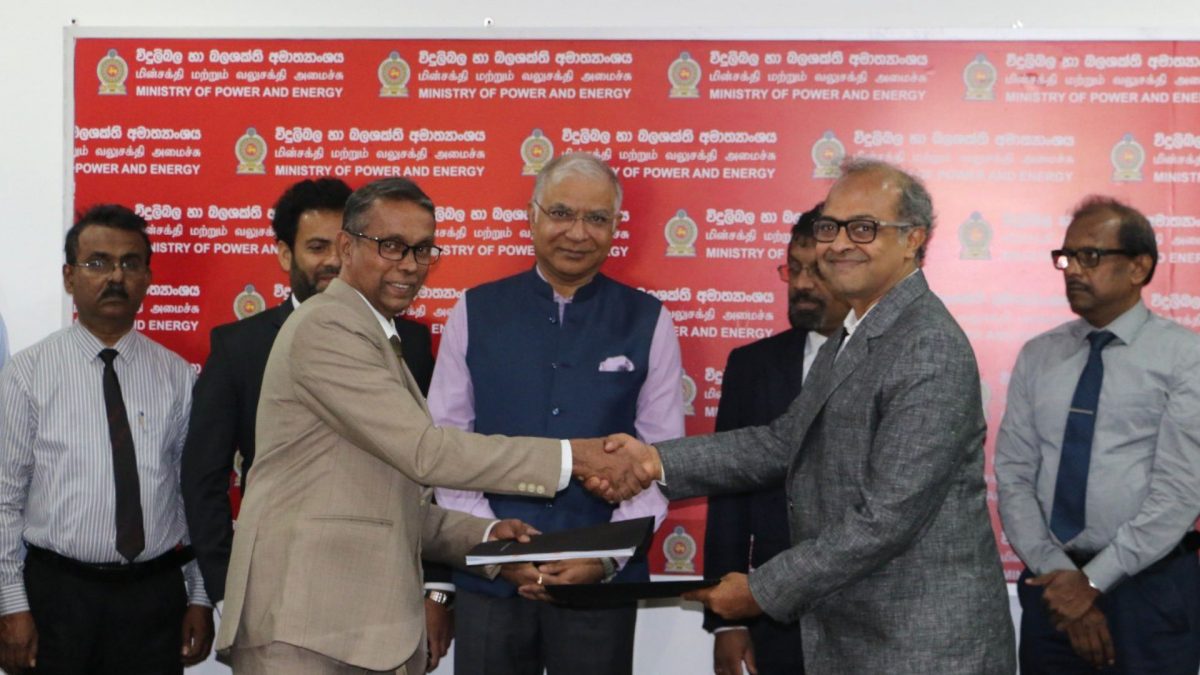This month, a small but powerful Marathi film opened in movie theatres across Maharashtra. Called Kapus Kondyachi Goshta (or Unending Story) the film provides a different perspective on the issue of farmers’ suicides . It looks at what happens to the families, the ones left behind, by examining at close quarters, how the lives of four sisters change when their father commits suicide and their mother also dies. How these girls choose to keep their farm going in the face of several obstacles, and against the opposition of the villagers, forms the crux of the plot.
Director Mrunalini Bhosale first came across the story in the pages of an agricultural magazine — Baliraja — published by her husband Nitin (incidentally, he is also the producer of Kapus Kondyachi…). Driven by the knowledge that, in the whole narrative of the farmers’ suicides issue, there were rarely (if any) inspirational stories presented, she decided to bring this story to screen.
“I have been shooting with the farmers (for various projects) since 2002. I know what their families go through,” Mrunalini told Firstpost, about why she chose to make this film. “I realised that the families (of farmers) needed role models who would inspire them. What happens is, in the rural areas, the farmers see their neighbours commit suicide, and then they also feel that’s the only way out. But when I heard of this story — of a girl who fought against all odds, for her family — I felt this could inspire other people.”
Kapus Kondyachi… is Mrunalini’s first feature film. But she is already a highly awarded documentary filmmaker (she was conferred two National Film Awards for her documentaries) and she brought the same quest for authenticity and attention to detail to this movie.
“Yes, documentary films and feature films are different,” says Mrunalini. “In the way they are shot, in their budgets…but my background in documentaries only helped. For instance, in my focus on realism… It took me one year to shoot Kapus Kondyachi… because I wanted to capture the transition of the seasons. The monsoon had to be the real deal. The mud, the leaves — they had to belong to the area (I was depicting); I didn’t want to cheat with the locations.”
Incidentally, Kapus Kondyachi Goshta has been “ready” for a while now. It made the rounds of the international film festival circuit over 2014-15 (it was even on the Oscar long-list for Best Picture in the open category, in 2015), picking up several honours along the way. But Mrunalini wanted to wait a while before releasing it theatrically in India, and gauge the response to it first.
“We wanted to take the film all over the world. This is a Marathi film with a rural backdrop — how would people respond to it? A film should not have language as a barrier. I wanted to see where I stand, where the film stands. And it was only after it was appreciated by a global audience that I felt we should release it here,” Mrunalini says.
On previous occasions , Mrunalini has said that she felt the need to make Kapus Kondyachi Goshta because the problem of farmers’ suicides wasn’t getting in-depth attention. Is there something she would want to tell fellow filmmakers? Would she want to her colleagues to bring out more stories on the subject?
Mrunalini says she wouldn’t dream of telling anyone what to do. Instead, she believes, “when you feel you want to do something, you have to make it happen”.
“All of us are aware that more than 2,00,000 farmers have committed suicide,” she says. “But we do need to know what their wives and daughters are going through.”
And she strongly feels that despite her film’s rural setting, even women in urban areas will be abe to relate with it. “Women really have to struggle,” says Mrunalini. “Everywhere.”


)




)
)
)
)
)
)
)
)